Reverse mortgages can be a valuable financial tool for seniors looking to tap into their home equity without the burden of monthly mortgage payments. If you’re considering one, you’re probably wondering, “How much can you get from a reverse mortgage?” In this comprehensive guide, we’ll explore the factors that determine the loan amount, eligibility requirements, and the potential benefits and drawbacks. So, let’s dive in and discover how much you can potentially receive from your reverse mortgage.
How Much Can You Get from a Reverse Mortgage?
The loan amount you can receive depends on various factors, including your age, the value of your home, the interest rates, and the specific program you choose. Typically, the older you are and the more valuable your home is, the higher loan amount you can expect to receive. Let’s take a closer look at each of these factors:
Age
Your age plays a crucial role in determining the loan amount. The older you are, the more money you can potentially receive from a reverse mortgage. This is because mortgage lenders consider life expectancy when calculating the loan amount. Generally, the older you are, the shorter the loan period, which means the lender can provide a larger loan amount.
Home Value
The value of your home is another significant factor in determining the loan amount. The higher the appraised value of your home, the more funds you may be eligible to receive. Mortgage lenders typically use an appraisal to assess the value of your property. It’s important to note that the loan amount will be based on a percentage of the appraised value, considering lending limits set by the Federal Housing Administration (FHA).
Interest Rates
The prevailing interest rates at the time of your application can also impact the loan amount. Generally, lower interest rates can result in a higher loan amount, while higher interest rates may decrease the amount you can receive. It’s important to stay informed about current interest rates and consult with a lender to understand how they may affect your loan amount.
Reverse Mortgage Program
Different reverse mortgage programs have varying loan-to-value (LTV) ratios and borrowing limits. The most common type of reverse mortgage is the Home Equity Conversion Mortgage (HECM), which is insured by the FHA. HECMs have specific lending limits based on the county where your home is located. Private reverse mortgage programs may have different guidelines and eligibility criteria. It’s essential to explore the available options and consult with a professional to determine the loan amount that suits your needs.
Eligibility Requirements for Reverse Mortgages
To qualify for a reverse mortgage, you must meet certain eligibility requirements. Here are the key criteria:
Age
The primary borrower must typically be at least 62 years old. Some programs may have a higher age requirement, so it’s essential to check the specific program guidelines.
Homeownership
You must own a home and occupy it as your primary residence. Rental properties and vacation homes are not eligible for reverse mortgages.
Home Equity
You should have a significant amount of equity in your home. The exact equity requirement may vary depending on the program, but generally, you should have paid off a considerable portion of your mortgage or own your home outright.
Financial Assessment
Some reverse mortgage programs require a financial assessment to ensure that you can meet your financial obligations, such as property taxes, insurance, and home maintenance costs.
Counseling
Before obtaining a reverse mortgage, you are required to undergo independent counseling from a HUD-approved housing counseling agency. This ensures that you fully understand the terms, conditions, and implications.
FAQ
How is the loan amount determined in a reverse mortgage?
The loan amount is determined based on factors such as your age, the value of your home, prevailing interest rates, and the specific reverse mortgage program you choose. The older you are and the more valuable your home is, the higher loan amount you can expect.
Will I lose ownership of my home?
No, you do not lose ownership of your home with a reverse mortgage. You remain the owner of the property, and the mortgage is a lien against your home. However, you must continue to meet the loan obligations, such as paying property taxes, insurance, and home maintenance costs.
Do I need good credit to qualify ?
Unlike traditional mortgages, a reverse mortgage does not require a minimum credit score or income verification. The loan eligibility primarily depends on factors such as age, home equity, and occupancy of the property.
Can I use the loan proceeds from a reverse mortgage for any purpose?
Yes, you can use the loan proceeds from a reverse mortgage for any purpose you choose. Whether it’s to supplement your retirement income, cover medical expenses, make home renovations, or pay off existing debts, the choice is yours.
How is the loan repaid?
The loan is typically repaid when the last borrower permanently leaves the home, sells the property, or passes away. The loan balance is paid off using the proceeds from the sale of the home. If there are remaining equity funds after the loan repayment, they are typically inherited by the borrower’s heirs.
Are reverse mortgages taxable?
Reverse mortgage funds are generally not considered taxable income, as they are considered a loan advance. However, it’s always recommended to consult with a tax advisor to understand the specific tax implications based on your circumstances.



